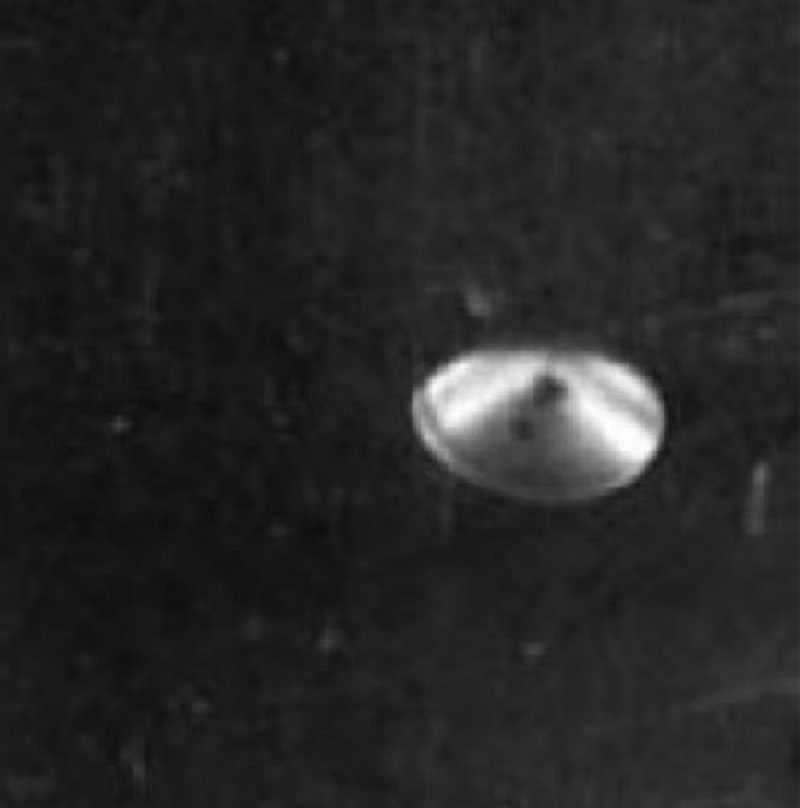The search for extraterrestrial life has captivated human curiosity for centuries. As we explore the mysteries of the universe, a fundamental question arises: if we were to discover life beyond Earth, would it be organic, similar to life on our planet, or could we encounter synthetic lifeforms? In this blog post, we delve into the debate surrounding the nature of potential extraterrestrial life, exploring whether aliens are more likely to be organic or synthetic beings.
I. The Organic Hypothesis

The hypothesis that extraterrestrial life may be organic is grounded in the idea that the fundamental building blocks of life, such as carbon, water, and organic molecules, are universal in the cosmos. Organic life as we know it on Earth is based on carbon chemistry and relies on water as a solvent, making it a prime candidate for the basis of life elsewhere.
Furthermore, the discovery of extremophiles on Earth has expanded our understanding of the conditions under which life can thrive. Organisms capable of surviving in extreme environments, such as acidic hot springs, deep-sea hydrothermal vents, or frigid polar regions, demonstrate the adaptability and resilience of organic life.
II. Synthetic Life: A Technological Evolution

The concept of synthetic life, on the other hand, envisions aliens as highly advanced, artificial, or cybernetic beings. This idea speculates that extraterrestrial civilizations might have evolved into synthetic lifeforms through the integration of technology into their biology. In this scenario, alien life may no longer rely on organic processes like reproduction, metabolism, or cellular respiration.
As humanity advances in artificial intelligence and robotics, the idea of synthetic life becomes increasingly plausible. Futuristic visions of self-replicating machines and AI-driven entities may offer insight into how technologically advanced species might have transitioned from organic to synthetic existence.
III. The Search for Clues

The search for signs of extraterrestrial life has led us to explore celestial bodies within our solar system and exoplanets in distant star systems. Efforts to detect habitable conditions or biosignatures often focus on organic molecules, such as amino acids and complex hydrocarbons, as potential indicators of life. The quest for organic compounds aims to identify environments suitable for organic life.
Additionally, the exploration of exoplanets may reveal worlds with intriguing techno-signatures, like anomalous energy emissions, artificial megastructures, or sophisticated communication signals. These potential signals could offer clues to the existence of synthetic lifeforms.
IV. The Myterity Continues

The question of whether aliens are organic or synthetic lifeforms is a myterious one, laden with uncertainties. As we expand our search for extraterrestrial life and analyze data from missions to other celestial bodies, we may gain a deeper understanding of the nature of potential alien life.
The myterity surrounding the existence and attributes of extraterrestrial life, whether organic or synthetic, fuels our relentless pursuit of knowledge about the cosmos. The quest to answer this question is driven by our innate curiosity and the desire to unravel the greatest enigma of the universe: are we alone?

The search for extraterrestrial life continues to be one of the most profound and captivating quests in the field of astrobiology. The debate over whether aliens are organic or synthetic lifeforms underscores the depth of our curiosity and the diversity of possibilities the universe may hold.
As we explore exoplanets, study the cosmos, and advance our understanding of synthetic biology, we move closer to potentially resolving this myterious question. Whether we ultimately encounter organic or synthetic lifeforms, the discovery of extraterrestrial life will undoubtedly revolutionize our understanding of biology, technology, and the universe as a whole.
The universe remains full of myteries, and the search for extraterrestrial life is just one facet of our relentless pursuit of knowledge about the cosmos. Aliens, whether organic or synthetic, represent the ultimate frontier of discovery, promising to reveal the diversity of life and technology that may exist beyond our pale blue dot.








